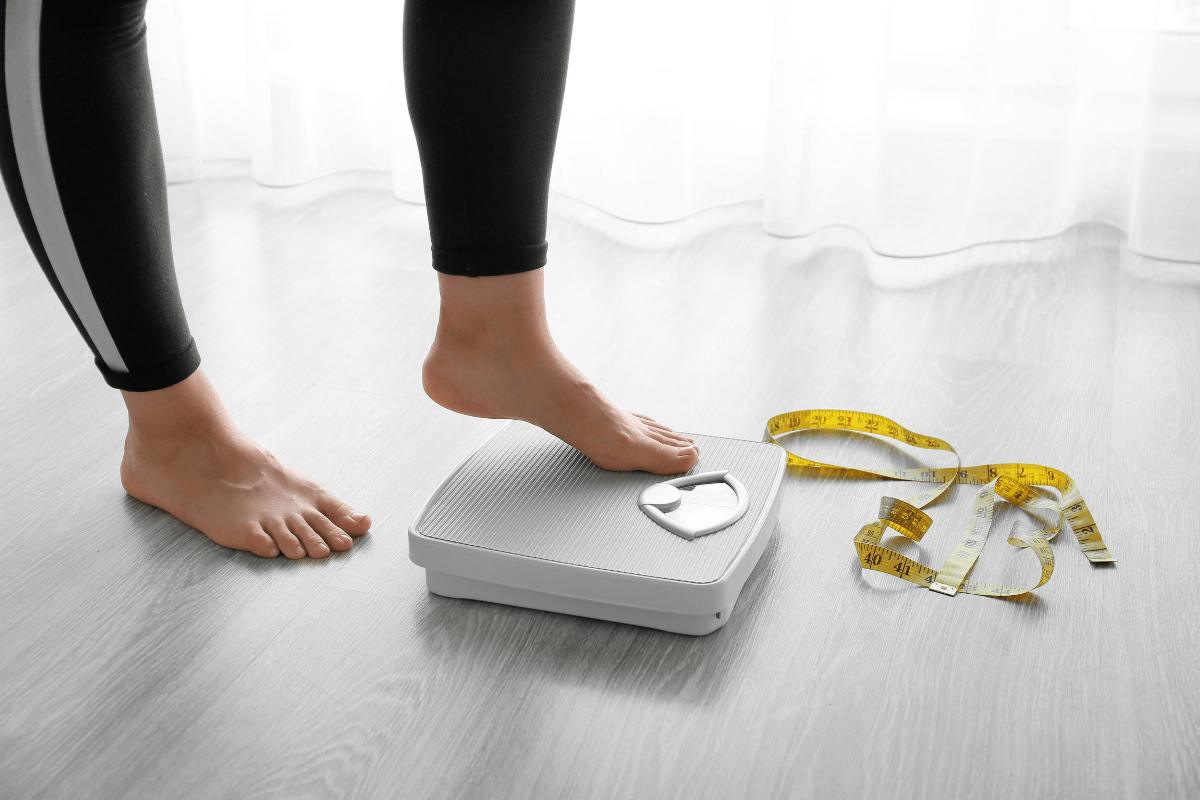Unveiling the Mystery Behind Stubborn Weight Plateaus
You’ve been diligently hitting the gym, watching your calorie intake, and making healthier food choices, yet the scale refuses to budge. It’s a frustrating scenario many individuals encounter on their weight loss journey. In this comprehensive guide, we delve into the reasons why is my weight stuck even after exercise and diet
Understanding Weight Plateaus
Weight plateaus are a common occurrence in the realm of fitness and weight loss. After initially shedding pounds through exercise and diet modifications, many people find themselves hitting a roadblock where their weight remains stagnant, despite continued efforts. This phenomenon can be disheartening, but understanding its underlying causes is crucial for overcoming it.
The Role of Metabolism in Weight Management
One of the primary factors contributing to stubborn weight plateaus is metabolic adaptation. When you reduce your calorie intake and increase physical activity, your body adapts by slowing down its metabolic rate. This is a survival mechanism designed to conserve energy during times of perceived famine. As a result, your weight loss may plateau as your body adjusts to the new energy balance.
The Impact of Muscle Mass on Weight Loss
Another factor that may contribute to a stalled weight loss is changes in body composition. As you engage in regular exercise, especially strength training, you may be building lean muscle mass while simultaneously losing fat. While this is beneficial for long-term health and aesthetics, it can temporarily mask changes on the scale, leading to the perception of a weight plateau.
The Influence of Hormones on Weight Regulation
Hormonal imbalances can also play a significant role in stubborn weight plateaus. Factors such as stress, lack of sleep, and fluctuations in estrogen and testosterone levels can impact your body’s ability to regulate weight. Additionally, hormones such as cortisol, often referred to as the “stress hormone,” can promote fat storage, particularly in the abdominal region, making it difficult to lose weight.
Addressing Dietary Factors That Stall Weight Loss
Despite your best efforts to adhere to a healthy diet, certain dietary factors may be sabotaging your weight loss progress. Hidden calories, such as those found in sugary beverages, condiments, and processed snacks, can add up quickly and hinder your weight loss efforts. Additionally, consuming too few calories or overly restricting certain food groups can slow down your metabolism and stall weight loss.

Breaking Through Weight Plateaus Strategies for Success
Breaking through a weight plateau requires a multifaceted approach that addresses both dietary and lifestyle factors. Consider incorporating the following strategies into your routine to kickstart your weight loss progress:
- Increase Physical Activity: Incorporate new forms of exercise or intensify your current workout routine to challenge your body and stimulate further weight loss.
- Reevaluate Your Diet: Keep a food diary to track your calorie intake and identify areas where you can make improvements. Focus on nutrient-dense, whole foods and be mindful of portion sizes.
- Prioritize Sleep and Stress Management: Aim for seven to nine hours of quality sleep per night and practice stress-reducing techniques such as meditation, deep breathing, or yoga to support healthy hormone balance.
- Stay Hydrated: Drink plenty of water throughout the day to stay hydrated and support optimal metabolic function.
- Seek Support: Consider working with a registered dietitian or personal trainer who can provide personalized guidance and support to help you overcome weight plateaus.
Conclusion: Why Is My Weight Stuck Even After Exercise and Diet?
While weight plateaus can be frustrating, they are a normal part of the weight loss journey. By understanding the underlying factors contributing to your stalled progress and implementing targeted strategies to address them, you can break through barriers and continue making progress towards your health and fitness goals.
Frequently Asked Questions (FAQs)
1. Why does my weight fluctuate even when I’m sticking to my diet and exercise plan?
Weight fluctuations are normal and can be influenced by factors such as water retention, glycogen storage, and digestive processes. Focus on long-term trends rather than day-to-day fluctuations to gauge your progress accurately.
2. Can certain medications affect weight loss progress?
Yes, certain medications, such as antidepressants, antipsychotics, and corticosteroids, can impact metabolism and contribute to weight gain or difficulty losing weight. If you suspect your medication may be affecting your weight, consult with your healthcare provider for guidance.
3. How long does it typically take to break through a weight plateau?
The duration of a weight plateau varies from person to person and depends on various factors such as metabolism, body composition, and adherence to lifestyle changes. With patience, consistency, and perseverance, most individuals can overcome weight plateaus within a few weeks to months.


